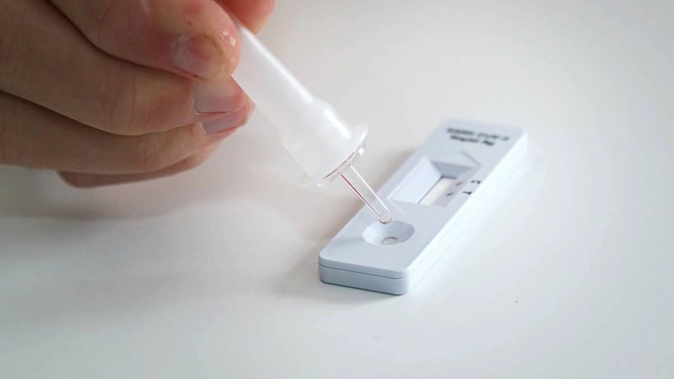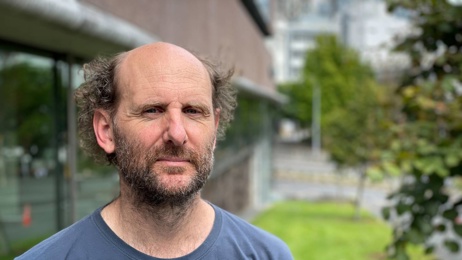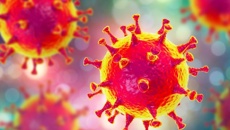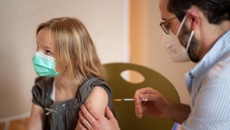
Returning Kiwis may see self-isolation rules relaxed further as New Zealand starts re-opening to the rest of the world from today, while Rapid Antigen Test are expected to hit supermarket shelves from next week.
Prime Minister Jacinda Ardern will this afternoon announce whether there will be any changes for self-isolation for people entering New Zealand following a Cabinet meeting where it will consider new advice from professor David Skegg.
In the next week there are expected to be about 6000 Kiwis arriving from Australia and thousands more Kiwis will land from mid-March when the MIQ rules are also scrapped for them.
While Ardern didn't want to pre-empt any Cabinet decision, she has hinted that the current self-isolation rules for returnees could change.
Arden told Newshub that they had always said that as the number of cases in the community rose, the impact of new cases at the border diminished.
While today's decisions could impact people and their plans coming in, she thought people would ultimately appreciate that they made the decisions as quickly as it was safe to do so.
However going forward, the Government still needed to look at the scale of the extra cases coming in as once the country re-opened to tourists it could be tens of thousands.
A lot of work was still going on to make sure that the health system didn't struggle, she said.
"If you just opened your borders to everyone at once with no restrictions at all, you would have an impact on the number of cases you had."
Number of people in hospital with Covid-19 "not unexpected"
Addressing the country's surging current Covid-19 cases and hospitalisation rates which yesterday hit 14,941 community cases and 305 in hospital, Ardern said the numbers were not "unexpected".
The increased use of rapid antigen testing (RAT) was providing a greater sense of the level of confirmed cases in the community, she said.
"Hospitalisations themselves will often tell you whether you're missing cases. But, at the moment, we're not vastly out of whack with what we've seen around the hospitalisation rates in other countries."
National says isolation rules for returning Kiwis "totally nuts"
National leader Christopher Luxon said returning Kiwis having to isolate didn't make a lot of sense.
"It's totally nuts... if you're positive you isolate if you're negative, you're free to go. The same rules we have in New Zealand domestically."
Luxon thought the reason only 900 Kiwis were returning on five flights today from Australia was due to the current self-isolation rules.
"You aren't spending seven days in a hotel doing Uber Eats and calling that a kiwi holiday."
He also didn't understand why all Kiwis from anywhere in the world weren't able to return immediately.
"Then we should be moving on pretty quickly to critical workers and tourism."
Rapid Antigen Tests to hit supermarket shelves next week
Foodstuffs North Island chief executive Chris Quin told Newstalk ZB they had several hundreds of thousands of RATs on their way and expected them to be on the shelves next week.
Shoppers would be able to buy a five-pack for $32.99, which is $6.60 per test.
"We made a commitment at the beginning to sell these at our cost.
"We think our customers would really appreciate having them available."
He said supply chain teams and warehouse teams were feeling quite a bit of pressure, especially in Auckland and it was still early days.
"The guys are working miracles every day to keep up and to keep delivering."
Expert wants close contacts to still be tested
Meanwhile Covid-19 Modelling Aotearoa project leader Dr Dion O'Neale believed the criteria for people to isolate under phase 3 was too narrow and should extend to those who were close contacts and asymptomatic to give a better idea of the real number of cases.
It was important to know the true number of Covid-19 infections to give a better leading indicator about how many people would be in hospital and at this stage it was difficult to know what that number was, he told RNZ.
O'Neale said in both New Zealand and overseas young people were predominantly infected first and in the later stage of the outbreak it would trickle through to those older people, resulting in higher hospitalisation rates.
He said people needed to make sure they were uploading both positive and negative RAT results.
Take your Radio, Podcasts and Music with you









